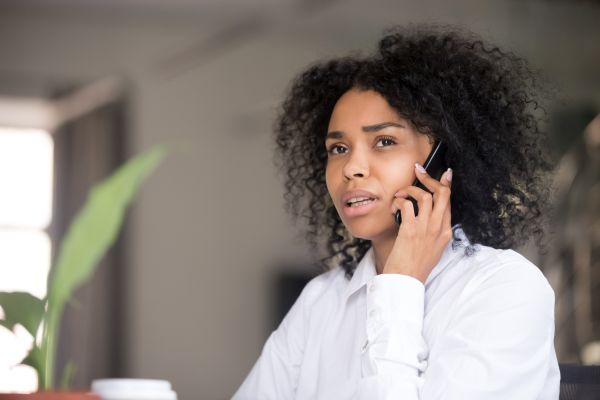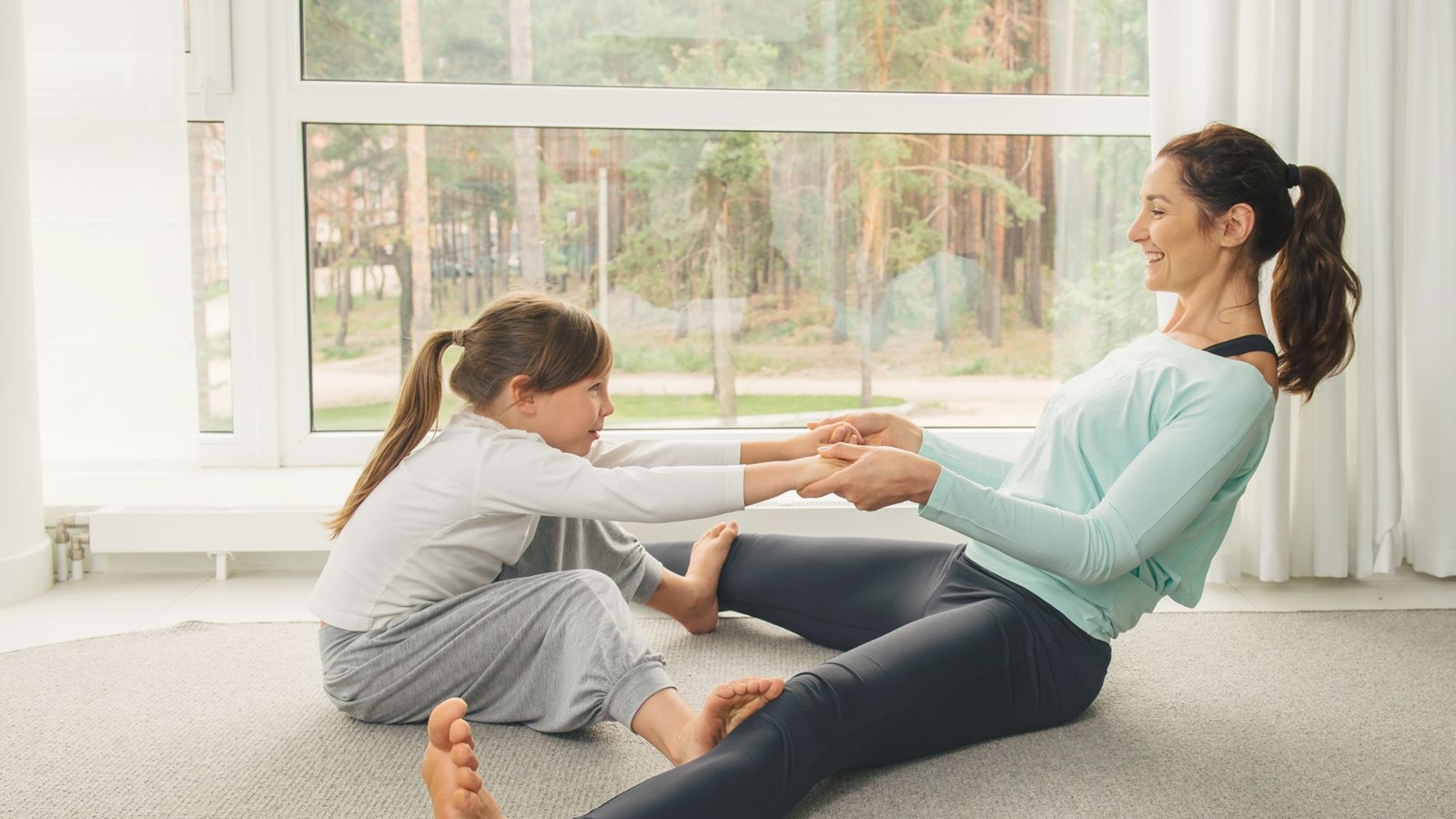How quickly this new way of living has become our ‘norm’. It was just four short weeks ago that the Prime Minister announced that our freedom would be drastically curbed, with ‘lockdown’, ‘social distancing’ and ‘coronavirus’ becoming some of the most frequently used words in our vocabulary.
Changes have felt sudden, brutal and profoundly affected our individual worlds – relationships, home schooling, uncertainty around work, fear for vulnerable friends and family members, anxiety over the weekly shop.
So how are you feeling? Really?
What if you’re struggling with this change? It feels too much, too overwhelming. Maybe you’re desperately trying to juggle working from home with your new role as a teacher.
Maybe you were already feeling anxious, that your brain was a constant activity of ‘what ifs’ that just won’t quiet. What if you were already feeling lonely, lacked motivation, struggling to find your meaning in this world?
As a counsellor, my job is to help you find ways to manage the relentless anxiety and support you to make sense of your world and your place in it, to give you a space to work out how to manage those new relationship dynamics.
We’re all navigating through this new way of life, me included. I believe that there are a few ways that can help you to manage and regulate your emotions.
Eat well, rest and exercise
It sounds obvious, but actually it’s not the easiest thing to do when you’re knackered, craving chocolate and wine. In fact, chocolate and wine can be fabulous source of comfort But not every day. We need proper nutrition to keep those neurotransmitters firing – we’ve all heard of serotonin, the chemical that is produced to help regulate sleep, mood and inhibit pain. Gut health is incredibly important in regulating mood so it really is vital that we think about what we are putting in our bodies.
Exercise is a given – one of the most effective ways to boost your mood, even better if you get outside but there are many online resources to get you moving, several being free at the moment. Find something that you enjoy, if possible – it will make it easier to stick to.
Sleep is a tricky one – obviously exercising will help expend energy, but with stress levels being super high for many, a stricter sleep routine might be helpful. I would suggest keeping away from the news after the early evening government update and try not to search up scary statistics on your phone. If your mind is whirring at bedtime, you could try a ‘worry dump’ – writing down your worries in a journal and putting it in another room. The action of taking the worries from head to paper can be cathartic and can help make sense of what you are feeling.
Routine has been incredibly helpful for me – school/workdays begin at 7.30am, tea, shower, brush teeth, breakfast, coffee, go. Kids have a similar morning programme, minus the coffee for the youngest of course. Structure and predictably helps us to feel safe, comfortable and have purpose.
Limit your expectations. If you struggle to get everything on your ‘to do’ list done, it’s fine. You’re doing a great job. You’re safe. That’s it.
Try short regulating activities – Five minute meditations, deep relaxation – I like to visualise my happy place, describe everything I see, smell, feel, hear, taste. I watch myself looking content and relaxed – I’ll go there again soon.
Simple breathing – in slowly for four, out for seven, paying attention to your expanding diaphragm – try doing this several times a day to bring your baseline stress levels lower. If you are generally less stressed and anxious, your resilience levels will be higher and anxiety easier to manage.
Speak to a counsellor
Sometimes it’s difficult to talk to those close to us when we’re struggling. I’ve heard many a time that people don’t want to burden their loved ones, especially now, when everyone is dealing with their own stuff.
Many counsellors, including myself, are offering video counselling sessions via a secure online platform. My clients find our regular sessions grounding, an opportunity to reset, make sense of their anxious feelings and find different perspectives. They often feel lighter, with a greater sense of positivity and renewed motivation for the week ahead – the power of the talking therapy is a great one and I feel privileged to be in a position to be able to help my clients through this incredibly challenging time.

Coronavirus: Advice for the public
Advice on seeing a therapist during the pandemic, plus tips, advice and coping strategies from our members to help you through these uncertain times

What therapy can help with
An A-Z list of issues and concerns which may be helped by talking to a counsellor.

Therapist Directory
How to use our online therapist directory to search for a counsellor or psychotherapist by location, services or specialisms
Views expressed in this article are the views of the writer and not necessarily the views of BACP. Publication does not imply endorsement of the writer’s views. Reasonable care has been taken to avoid errors but no liability will be accepted for any errors that may occur.
